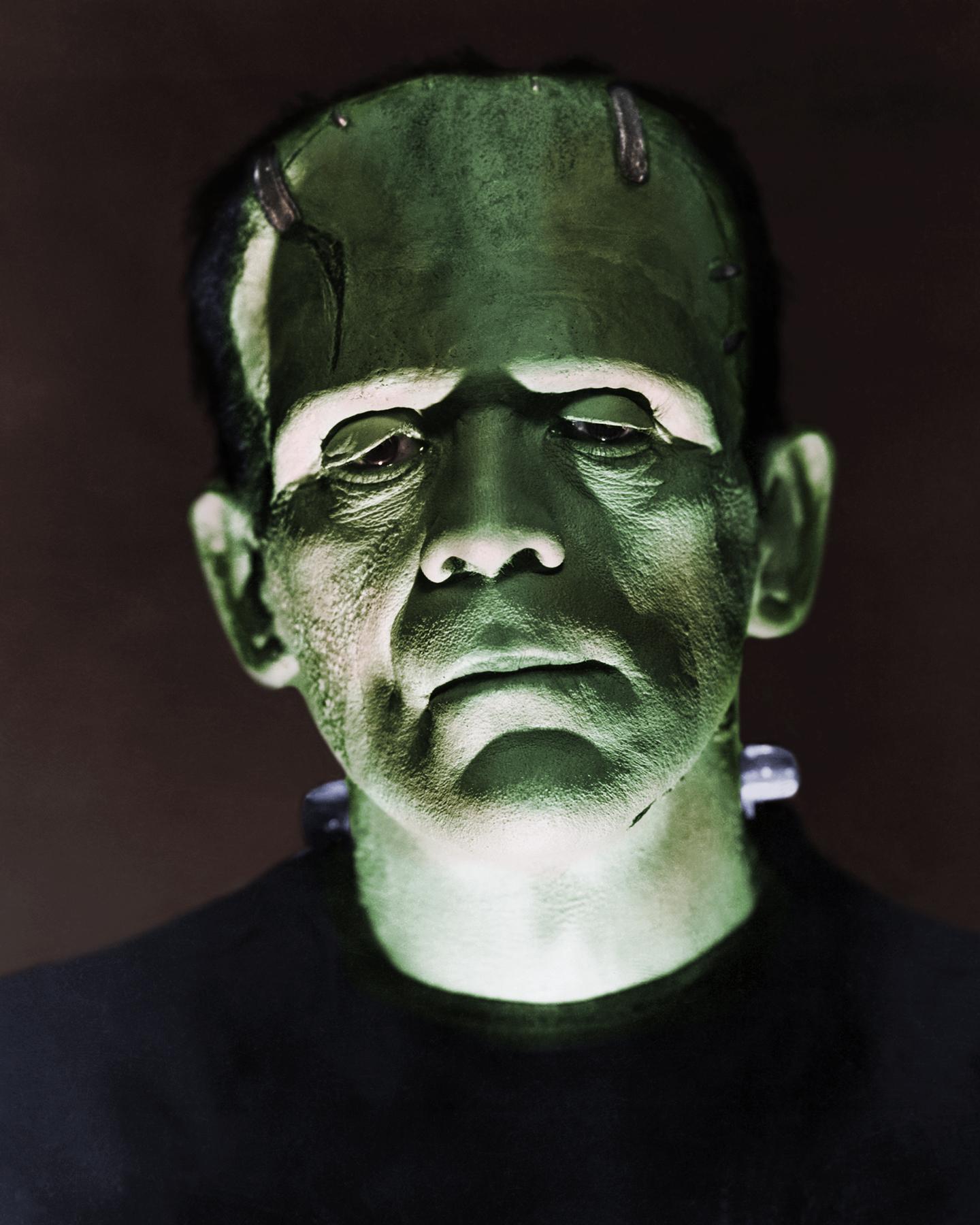Mary Shelley‘s Frankenstein, published in 1818, is a seminal work that delves deeply into the complex landscape of moral dilemmas, a theme that resonates as profoundly today as it did in the early 19th century. Through the narrative of Victor Frankenstein and his ill-fated creation, Shelley crafts a poignant exploration of ethical quandaries that challenge the boundaries of scientific ambition, personal responsibility, and the consequences of unchecked hubris. This article seeks to analyze the intricate moral conflicts presented in the novel, examining how Shelley’s characters grapple with the repercussions of their actions and the broader implications for humanity. By dissecting these moral conundrums, we gain insight into the enduring relevance of Shelley’s work and its capacity to provoke critical reflection on the ethical dimensions of scientific and personal endeavors.
Understanding Victor Frankensteins Ethical Quandaries
Victor Frankenstein’s journey is riddled with ethical dilemmas that delve deep into the responsibilities of a creator towards his creation. As an ambitious scientist, Victor is initially driven by a fervent desire to transcend the boundaries of human knowledge. However, his pursuit of scientific glory blinds him to the potential repercussions of his actions. The ethical quandaries he faces are manifold, primarily revolving around the act of creation itself, the neglect of his creature, and the subsequent consequences of this negligence.
Victor’s first ethical misstep is his decision to create life without considering the broader implications. His actions raise questions such as:
- Should humans interfere with the natural order to such an extent?
- What responsibilities does a creator have towards their creation?
- Can the pursuit of knowledge justify the means by which it is attained?
Moreover, once the creature comes to life, Victor’s abandonment of his creation highlights his failure to anticipate the ethical responsibilities of a creator. His neglect leads to tragic consequences, not only for himself but also for his loved ones, prompting readers to reflect on the moral obligations inherent in the act of creation. Through Victor’s ethical quandaries, the narrative questions the boundaries of scientific exploration and the moral responsibilities it entails.
The Creatures Moral Development and Humanization
In Mary Shelley’s Frankenstein, the creature’s journey towards moral development and humanization is fraught with complex dilemmas that challenge both the character and the reader. Initially, the creature exhibits a tabula rasa, or blank slate, suggesting that his nature is neither inherently good nor evil. As he encounters the world, his experiences shape his ethical compass. The creature learns about humanity through observation and reading, acquiring knowledge of societal norms and values. Yet, his growing understanding of morality is juxtaposed with the harsh reality of his isolation and rejection, leading to a profound internal conflict.
- Empathy and Compassion: The creature initially displays an innate sense of empathy, as seen when he saves a girl from drowning, hoping for acceptance.
- Revenge and Anger: Continuous rejection and suffering lead him to commit acts of violence, driven by a desire for vengeance.
- Search for Identity: His quest for identity is hindered by society’s inability to see beyond his physical appearance, denying him the opportunity for genuine human connection.
These moral quandaries illustrate the creature’s struggle to reconcile his desire for love and acceptance with the reality of his circumstances. Shelley’s narrative prompts readers to question the nature of morality and the impact of societal influence on an individual’s ethical development. Through the creature’s experiences, the novel explores the delicate balance between nature and nurture, challenging us to consider the factors that truly define humanity.

Impact of Isolation on Ethical Decision-Making
In Mary Shelley’s “Frankenstein,” the profound solitude experienced by both Victor Frankenstein and his creation offers a fertile ground for examining the complexities of ethical decision-making. Isolation strips away external moral compasses, leaving individuals to grapple with their own intrinsic values, or lack thereof. Victor, consumed by his obsession and self-imposed seclusion, becomes detached from the societal norms that might have otherwise guided his actions. His ambition blinds him to the ethical implications of creating life, resulting in catastrophic consequences. This detachment from community and ethical oversight raises critical questions about the influence of isolation on moral judgments.
Conversely, the creature, abandoned and alienated, confronts moral dilemmas without the benefit of guidance or empathy. Its experiences highlight the desperation for connection and understanding, underscoring the ethical complexity of actions driven by loneliness. The creature’s journey through isolation results in a series of ethical missteps, such as:
- Seeking revenge against its creator, driven by rejection.
- Struggling with the morality of its own existence and actions.
- Attempting to connect with others despite constant ostracism.
Frankenstein thus becomes a poignant exploration of how isolation can distort ethical decision-making, illustrating the delicate balance between individual morality and societal influence.

Recommendations for Modern Ethical Discourse Inspired by Frankenstein
Mary Shelley’s Frankenstein serves as a timeless exploration of the moral complexities inherent in scientific progress and human ambition. To cultivate a modern ethical discourse inspired by this literary masterpiece, we can draw upon several key recommendations:
- Empathy and Responsibility: Shelley’s narrative emphasizes the importance of understanding the consequences of one’s actions. In contemporary discussions, we must advocate for a balance between innovation and ethical responsibility, ensuring that empathy guides our decisions.
- Interdisciplinary Dialogue: Just as Victor Frankenstein’s isolated pursuit of knowledge led to unintended consequences, modern ethical discussions should encourage collaboration across disciplines. Bringing together voices from science, humanities, and social sciences can foster a more holistic understanding of moral dilemmas.
- Public Engagement: The story underscores the necessity of engaging with broader societal concerns. In today’s context, ethical discourse should not be confined to academic or professional circles but should actively involve public participation to ensure diverse perspectives are considered.
By embracing these principles, we can navigate the complexities of modern ethical issues with a reflective and inclusive approach, much like the cautionary tale Shelley presented in her groundbreaking work.
